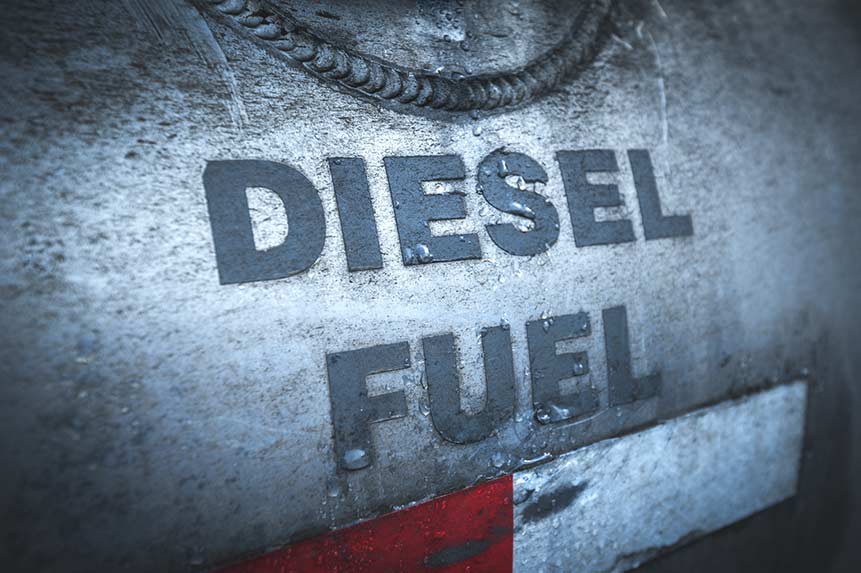How Fuel Storage Affects the Efficiency of Your Generator

A standby generator keeps your business running even when the power goes out. For some businesses, especially those running critical operations such as data centers and hospitals, bulk fuel storage is a priority. While backup generators are generally reliable, these machines can succumb to problems, some of them originating from poor fuel storage practices.
Sourcing your bulk oil from a reputable supplier is important, but with proper fuel storage and generator maintenance, you can get more value from the fuel you buy. Read on to learn more about fuel storage-related problems that can affect your facility's standby generator.
CONDENSATION
Fuel storage tanks stored in exposed locations can absorb and lose heat in response to temperature changes. This heat loss and gain on the surface of the tank can result in condensation and formation of water droplets inside the tank.
When these water droplets fall into the fuel, they can encourage the growth of solid contaminants that eventually block your generator's injectors and filters. Clogged filters and injectors can result in incomplete combustion and minimize your generator's output, thereby resulting in costly downtimes and lost productivity.
FUEL QUALITY
As the global demand for crude oil continues to grow, the topic of fuel quality has become a common point of discussion among consumers and fuel suppliers alike. Diesel fuel quality refers to the degree to which fuel can ignite and largely depends on the amount of impurities present in the fuel.
Fuel quality has a significant effect on the performance of equipment such as generators. Low-quality fuel contains impurities, with microbes being some of the worst contaminants. When exposed to water, through condensation or rain, microbes in the fuel multiply and eventually overload the generator's engine, causing the equipment to shut down altogether.
For optimal performance of your generator, be sure to source your diesel from a reputable supplier whose quality of fuel you can trust.
CORROSION
In recent years, tank corrosion has become a significant concern among fuel tank owners. Today's diesel contains low levels of sulfur. While sulfur has its own downsides, this chemical compound helps to prevent the growth of bacteria in fuel tanks.
Low sulfur content in fuel now results in the proliferation of bacteria, which not only feed on the fuel and cause further contamination but also eat the tank's steel material. This process results in what experts describe as microbial corrosion.
When you activate the generator, debris from the corroded tank flows to the filters and other parts of the generator, therefore reducing the engine's rotation per minute (RPM) rate.A generator with an engine that has a low RPM rate will not deliver enough energy to power equipment and will, therefore, slow down business operations.
Corrosion can create holes in the tank and result in fuel leakages into the environment. Such leakages can increase cleanup costs and create liability risks for tank owners. Consider using biocides to eliminate bacterial growth and prevent microbial corrosion.
GELLING
Low temperature and oxygen levels can alter the stability and consistency of diesel, causing the fuel to become gel-like.
When you activate your generator and the fuel flows from the storage tank, the gelled diesel can plug the filters and block air from entering the combustion chamber. Inadequate oxygen and fuel cause poor combustion and prevent the engine from starting. Consider adding anti-gelling agents to the fuel to prevent diesel from gelling. Anti-gelling agents can also help to unplug filters.
Water and microbes are the biggest threat to the quality of stored fuel. Store your fuel tank in an enclosed location to prevent water from seeping in and promoting the proliferation of destructive bacteria.
At Biltmore Oil , we are committed to delivering quality fuel that will ensure optimal performance of your equipment. Contact our office today to find out more about our products and services.

